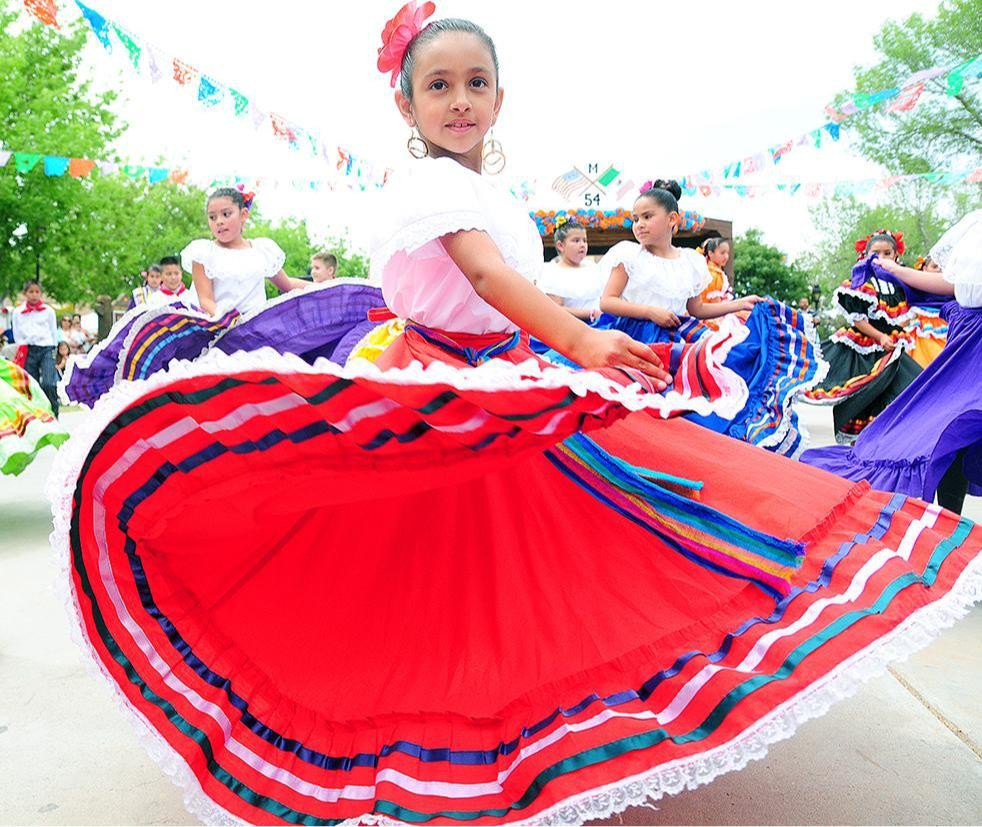By Manzanillo Sun Writer from the September 2014 Edition
In the late sixties I got really lucky for my second overseas assignment while in the Air Force. I was reassigned to the U.S. Air Force Base in Athens, Greece. Until then I wasn’t even aware we had a base there. Because I was still in my first term in the Air Force I was to be sent over there as ‘Single, Unaccompanied’ which was for 18 months. My plan was to finance my wife’s plane ticket and then switch to a long term assignment which is what we ended up doing. However, this left me over there for an entire three months as a bachelor.
I had been there in the fifties and early sixties along with Mexico, Spain, France, Italy, Turkey, Syria, Lebanon, Egypt, and Canada. Some of those countries we lived in and some just visited. As a kid, I could see a lot of things the adults couldn’t. One of them was how to identify the
Ugly American and what and how the indigenous people would handle them. My hobby during that time was to find these persons and ‘play’ with them. Not nice, I know, but then I wasn’t in those days.
My impressions were that people are basically alike no matter where you go. Unless you end up talking with a beggar, people are pretty much proud of who and what they are regardless of the country you find them in. It seemed then that the Ugly American, through rash, loud, and uncaring detrimental behavior and language pulled that pride from just about everyone they came into contact with by not giving the local custom and courtesies a second glance. There were a lot of really nice people who wouldn’t even talk to any American or Canadian
(because they also spoke English like Americans) as a result.
If you were a well respected member of your community in a country where the people who dig up old sewer lines for replacement wear a three piece suite to work every day (they change at the site), and see a fat and bald man dressed in a Hawaiian shirt, Bermuda shorts, with cameras slung all over the place, driving his wallet further down into his shorts with one hand, the other shoving people out of the way yelling some bastardized equivalent to your language’s ‘No!’ everywhere, are you going to want to deal with him? Me? I’d take him for everything I could get off him. Then dump him in a friend’s lap for some more of the same treatment, especially in Mexico.
Now I’m sure that everyone reading this has a story or two to tell on how they either got ripped or a serious attempt was made at them. And I am equally sure that when a Mexican citizen gets back from a trip up north they probably have similar stories to tell. There are not-so-nice people everywhere. There are also some very nice people who just aren’t culturally aware enough to know that they insult the very folks they are trying to be nice to. For example:
If you don’t know some Mexican people very well but want to send flowers as a thank you, don’t send yellow ones. Did you know that Spanish Executioners wear yellow?
I remember well an old phrase my father taught me.
“Never trust a person when they’re shuck’en and duck’en because they’re probably lyin’ thru their teeth.” Now that might be a fairly true saying for some parts of America but, for the most part, in Mexico its’ a shy way to show respect. Please remember that most of the people that you run into while either playing tourist or just out shopping are not that familiar with foreign people and will approach you with reverent respect. In their world that’s avoiding eye contact by looking down. The Mexican people are noted for being a gracious people and it’s up to us to allow them to be that way.
One day I had taken my youngest daughter to work with me in Tijuana when she decided she wanted to do a little shopping at a plaza. We parked the car and went through one of the portals of this one block “Yard” sale and being fourteen she was gone. I knew the next time I would see her was when I was needed to pay for something. Wandering around, I ended up following two ladies apparently from South Dakota. One of them wanted a horse blanket and had asked the vendor how much the one she picked out was. When told it would sell for eighty dollars U.S. she quickly dug into her firmly strapped on purse and produced a wallet from which she pulled four crisp twenty dollar bills. These she handed to the man and they made arrangements that he would prepare the blanket for shipment as a bonus.
While they were waiting I asked the price of an identical blanket and was told the same price. I then offered twenty and we settled on forty five. I didn’t get it because I found a defect and backed out of the deal. The last I saw of those two women was that they both had their mouths hanging open having heard everything. Now you can’t go into a grocery store or a department store and question the stated price. But if you shop the markets and the bazaars it’s all part of the game and is expected. Try and remember that no first offer is too low and sometimes the shop owner will stop you in the street after you’ve left to close the deal.
I’ve been called ‘English’ (and several Arabic slang words which mean the same thing) while I was in Syria. In Vietnam it was ‘Round-Eye.’ I believe the British term for us is “Colonial’ or ‘Yank.’ The Mexicans have a term for us ‘Yanks’ which is detrimental and normally used in anger or frustration. There are several stories as to where the word came from. One of them refers to the color of the American Soldier’s uniform when Winfield Scott came ashore with an army of Texas Irregulars who quickly destroyed Vera Cruz (That’s the same place Cortez stepped ashore too.). The other version comes from one of the old western wagon train camp fire songs which they converted from ‘Green Grows the Grass’ to ‘Gringos.’
From where ever it came from, I have it on good account that Mexican people consider it a very nasty and detrimental word and not something people should flaunt around in mixed company even if you or I don’t consider it a dirty word. Next time you’re in polite company and some uncaring Anglo uses that word, watch our hosts visibly retract and wince at its use.
Native Mexican culture reflects the local people’s attitude toward just about everything. It is a very precious thing and it would do all of us ‘foreigners’ to take a moment or two to learn some of it that and it all starts with a smile.
Download the full edition or view it online
Manzanillo Sun’s eMagazine written by local authors about living in Manzanillo and Mexico, since 2009



